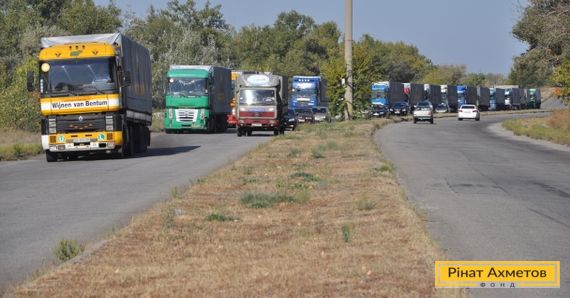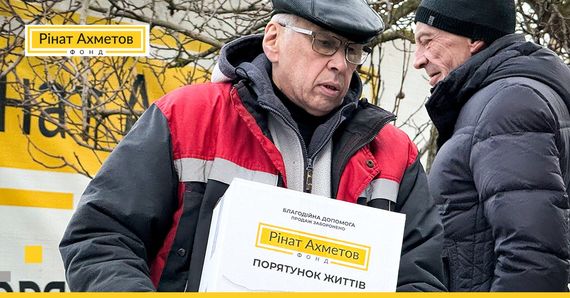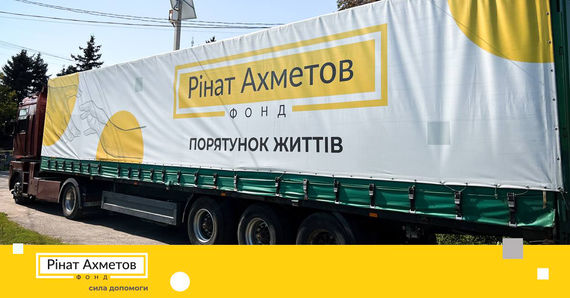Rinat Akhmetov Humanitarian Center is having consultations with the United Nations and the Red Cross on a schedule for passing the checkpoints

"Rinat Akhmetov Humanitarian Center is having consultations with the international organizations regarding development of a schedule for crossing the contact line through Volnovakha checkpoint. Now we are passing the inspections together, in a single "humanitarian" queue, which makes the process longer and more complicated, as the volumes of humanitarian aid are large. We need a precise schedule, so that we and international humanitarian organizations could deliver the highly-demanded food aid for Donbas civilians on time, – Grigory Koldunov, Director of Rinat Akhmetov Humanitarian Center, said.
Due to the escalated military conflict and closed checkpoint near Kurakhove, Rinat Akhmetov Humanitarian Center couldn't fulfil the plan on food delivery to Donetsk warehouse in June. During the month they managed to deliver only half of the planned volume of food aid to non-government-controlled areas of Donetsk and Luhansk regions. 226,000 of retired and disabled people and over 13,000 children didn't receive their food products on time. For the third week the Humanitarian Center's issuing points are closed in Donetsk and Luhansk regions, they manage to provide only Donetsk residents with humanitarian aid.
"The agreement with the international organizations is important, but cannot solve the problem completely. First of all, we need a system approach from the state. The only way is to separate humanitarian convoys from other transport. We suggest creating a special inspection terminal in Mariupol based on Azovsky market, where they have customs warehouses, to check all the humanitarian loads there. This will allow all the humanitarian organizations to legalize their loads and documents on time, and pass through the checkpoints in the quickest transit regime. This will solve the problem of lines, eliminate the excess hush and tense", – Rimma Fil, the Coordinator the Humanitarian Center, emphasizes.
Besides, earlier the Humanitarian Center announced the proposal of having a representative of the humanitarian sector in the ATO Staff (for example, the UN representative) to adopt resolutions that regulate the passage of humanitarian loads. And also to adopt a Law, regulating the issues on humanitarian aid provision during active military actions.
In July the Humanitarian Center is planning to increase the intensity of humanitarian aid delivery. Two convoys, consisting on 246 heavy-duty trucks that will deliver 4,920 tons of food are getting ready for departure. This will allow forming 450,000 survival kits for adults and 39,000 packages for babies, both on government-controlled areas of Donbas and across the contact line.



